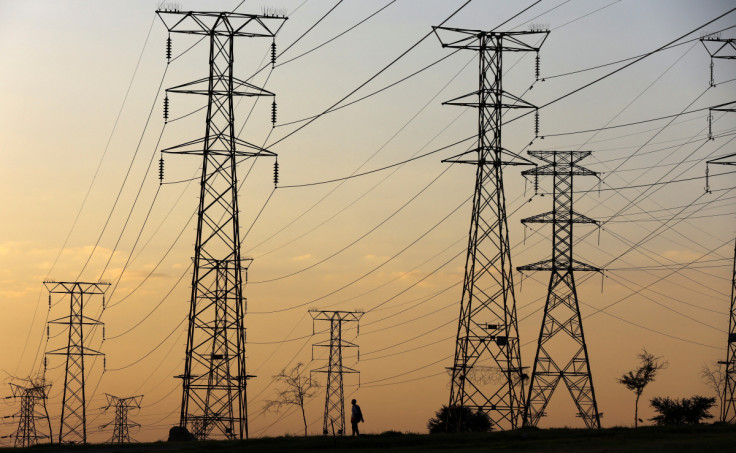Electricity Minister Says His Department Advocates For Tax Incentive For Inverters And Batteries

Electricity minister Kgosientsho Ramokgopa said his department has been advocating for tax incentives for batteries and inverters, including solar panels.
Ramokgopa pointed out at a media briefing on Monday that the government has encouraged businesses and households to install solar on their rooftops, providing them with a 25% tax incentive, and the department wants the same for inverters and batteries.
"We are advocating for, as a department, that we need to have that incentive to be extended to components of that 'self-generation mix' that carries the heaviest capital cost. It shouldn't just be restricted to PV but also should be extended to batteries and inverters," he said, News24 reported.
The electricity minister shared that solar rooftop installations have doubled since July 2022, producing more than 4,500 megawatts.
The tax incentive was originally announced by finance minister Enoch Godongwana in February. This policy came into effect on March 1 and will be active until Feb. 29, 2024.
The minister also spoke about the implementation of the Energy Action Plan, revealing that the government is doing everything possible to resolve the energy crisis in the country. He highlighted how the performance of energy company Eskom has improved in the last couple of weeks.
Eskom announced on Oct. 15 that due to stable generation capacity and planned maintenance, load-shedding will remain suspended until 4 p.m. on Mondays and there will be Stage 2 load shedding thereafter. It is worth noting that earlier this year, South Africans had to deal with Stage 4, Stage 5 and even Stage 6 load shedding.
"We have turned the corner, although we are not out of the woods yet. We are beginning to show sustained improved performance over an extended period of time and this is good news in that it's an affirmation and validation of the work that the team is doing at Eskom," Ramokgopa explained, as per SA News.
South Africa has been dealing with an electricity crisis for many years.
Last month, Eskom CEO Calib Cassim apologized to the citizens of the country for the current status of load shedding, as it was causing inconvenience not only to the economy but also to the livelihoods of South Africans on a daily basis.
Poultry processing company Astral Foods also shared that there might be a headline loss of R18.02 to R18.08 ($0.9564-$0.9596) per share this year due to load shedding.
As far as solar panels are concerned, South Africa has been seeking help from other countries, including China, to deal with the energy crisis. China already sent solar panels, battery storage, wind turbines and renewables technology to South Africa in June.
© Copyright 2026 IBTimes ZA. All rights reserved.





















